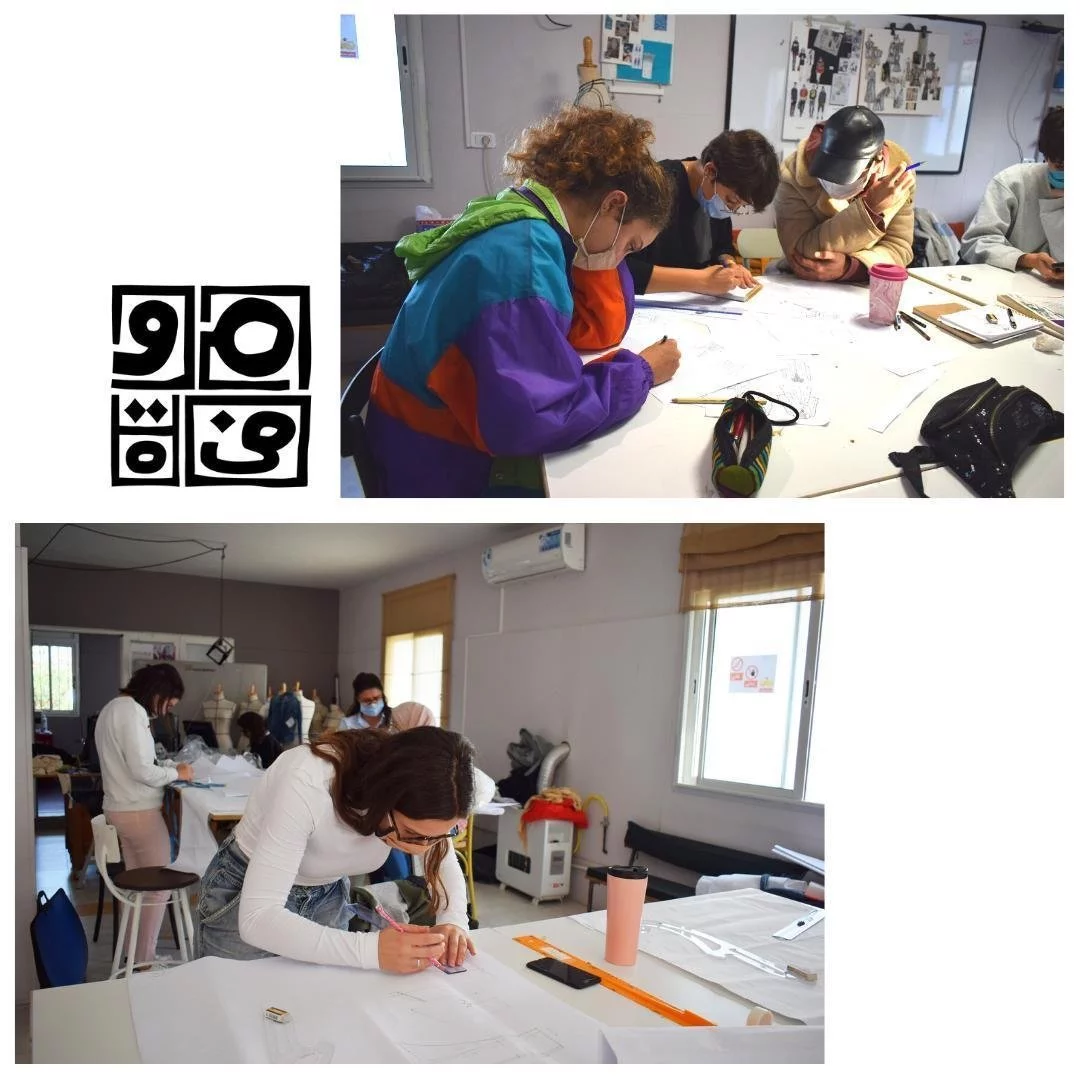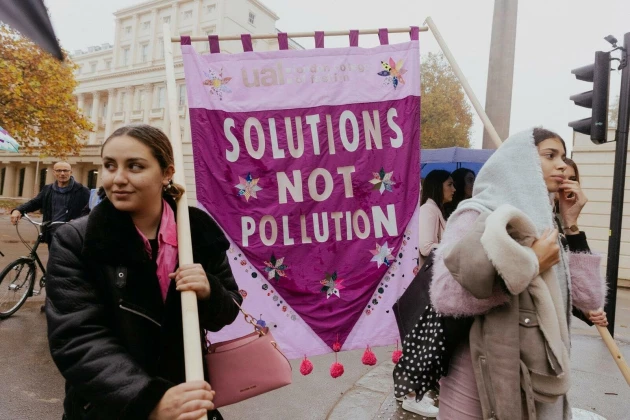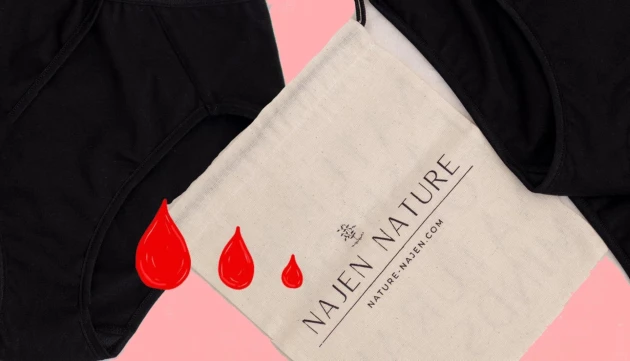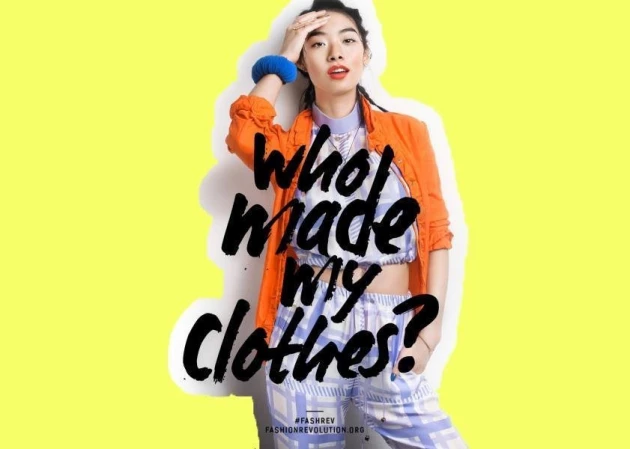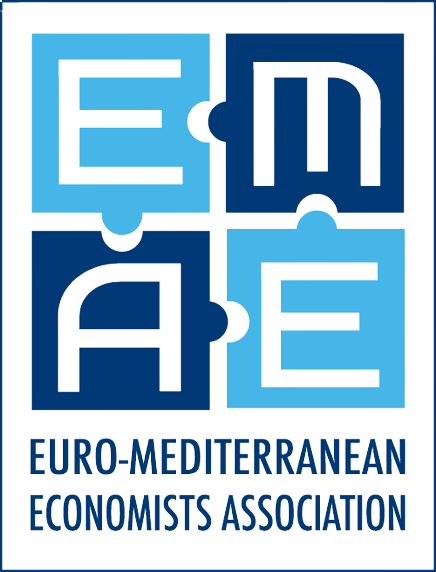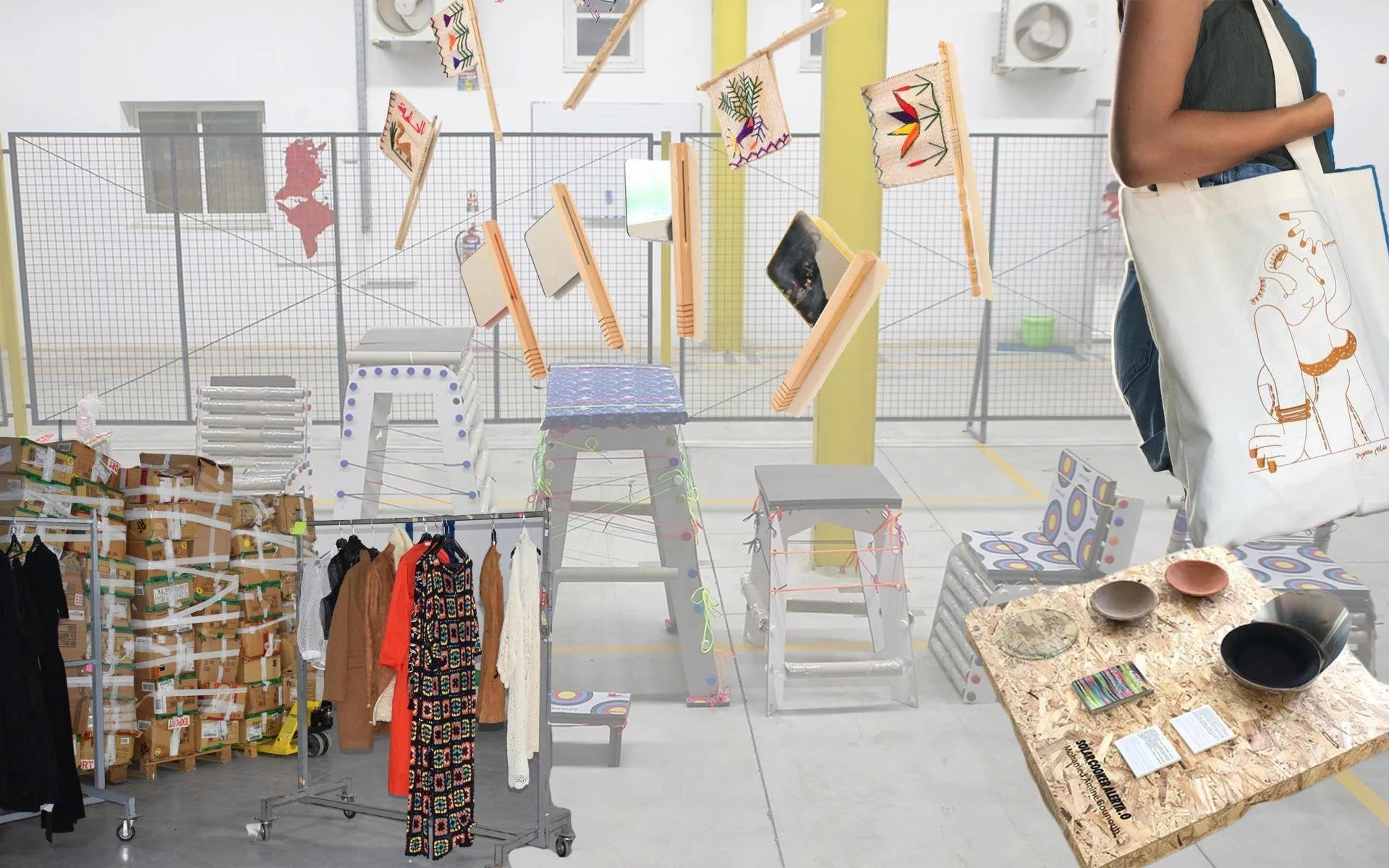
We celebrate the difference
Eco-responsibility: A new design challenge
3 min read — Dec 06, 2020
You have probably heard of terms such as “sustainability, ecological, eco-responsible, sustainable fashion..” one or too many times and probably questioned its meaning or didn't care about it much.
Well if you don't know that we're currently living in a time of a climate crisis, or you've been living in planet mars all this time maybe, then hello, welcome to planet earth, it's time to wake up. Climate change is a transversal issue that has been a hot topic in debates worldwide and its influence on biological processes occurs on regional, continental, and global scales. Every year, the NGO Global Footprint Network calculates Overshoot Day based on three million statistical data from 200 countries. It is the date on which the ecological footprint exceeds the planet's biocapacity. In other words, the day we caught more fish, cut down more trees, built and farmed more land than nature can provide in a year. It also marks the day when our greenhouse gas emissions from burning fossil fuels will have been greater than our oceans and forests can absorb. From August 22nd, 2020, we started living on credit for natural resources. That's four months in the red for humanity!
The three-week setback on the overtaking is to be taken with caution. The effect of an exceptional health crisis has forced the slowing down of an unsustainable model based on fossil fuels and the withdrawal of natural resources out of control.
Tunisia, such as any other country, is at the heart of this ecological vulnerability and its impact can influence the whole ecosystem (politics, social life, society) and even the way we live and our daily habits. And that’s where this whole emergence came from. Because being eco-responsible and finding alternatives, is not just a new trend, like many people are claiming, but the ultimate way to become a superhero and save not only the country but also the planet before it's too late. Luckily, Tunisia has been witnessing some manifestations that are raising awareness and introducing new forms of education around this topic
1. ECO’logic
Eco'Logic is an initiative by the creative collective association and the Heinrich Böll Foundation, which aims to raise awareness about sustainable design in Tunisia by challenging people’s creativity and encouraging them to concretize their perception of the theme of eco-design. Throughout the whole project, they asked these questions to help understand more the project itself and its purpose « What would an eco-designed product look like in Tunisia? How can we limit the damage done to the environment through the practice of Design? Can we reconcile, environmental quality of a product, manufacturing method, and commercial requirements? »In the first edition of ECO’logic, there were a huge number of participants from different backgrounds who are full of creativity and passion for art and design but most importantly are passionate about sustainability and finding alternative ways to raise awareness about the importance of being eco-responsible. Such as :1. Asma Laajimi -documentaire – Free plastic Boumendil2. Tom Egoumenides– luminaire - tonnerre3. Nour bellaluna– Oya – Oyas bellelune4. Safa attiyaoui – Installation artistique – plastikoba5. Khaoula Hwiji– Exposition photo – retour à la source6. Yacine Laabidien collaboration avec Sawsen bel hadj hassine – Design produit – water propagation experiments7. Benjamin Perroten collaboration avec Fourat jomni et Radhouan Boudhraa – Design produit – Expérimentation matériaux biodégradables et composables8. Myriam Naili – Design produit - composteur d'appartement9. Amin Bounouh– Design produit - Solar bread cooker10. Mohammed ali ouartani – carafe – JUG11. Haifa Rjaibi – Architecture - Earth Pavilion12. Salma Mokni – Terrarium – Terra13. Mohammed Dhia Ben hmida – Poignée antimicrobienne- Fold'N'Grab
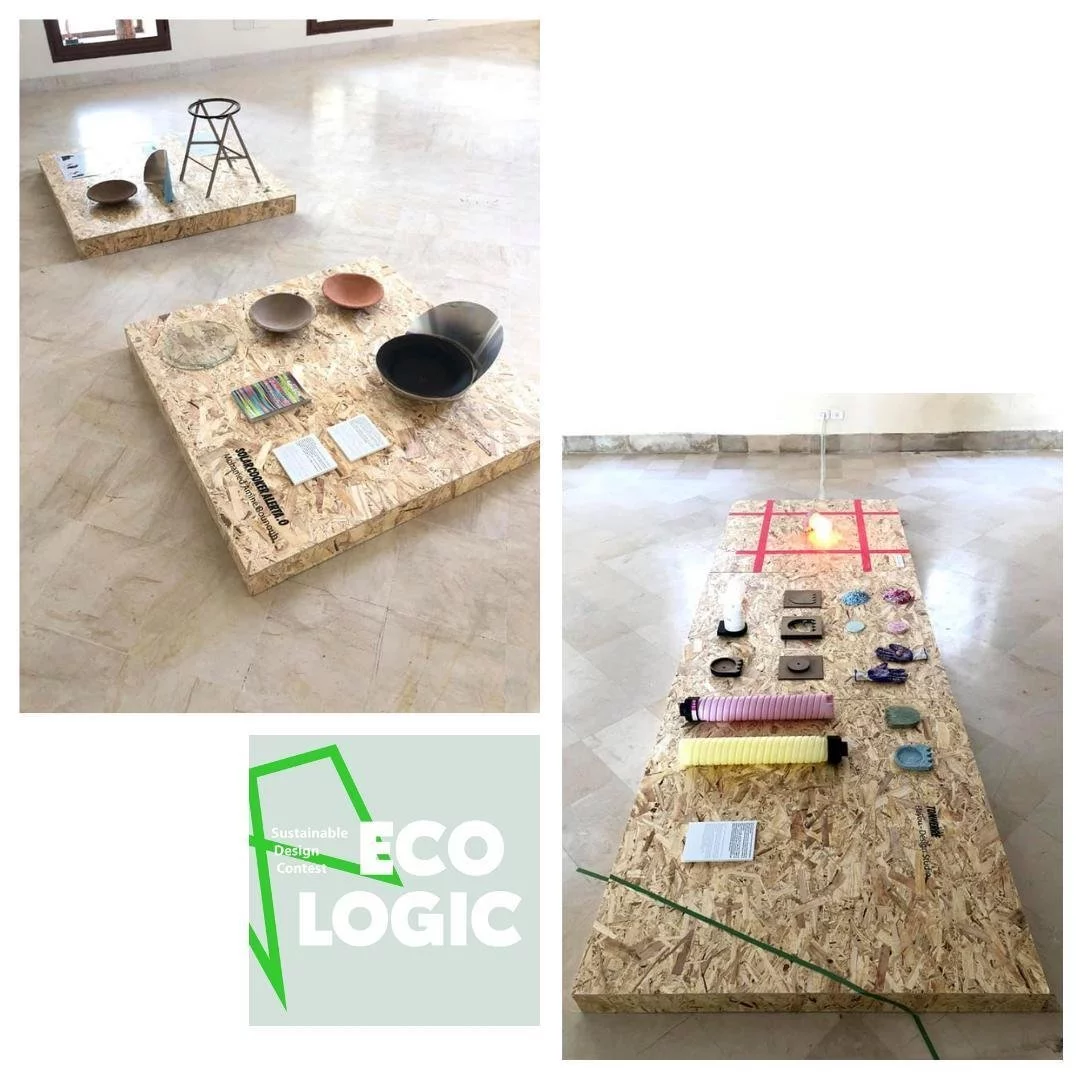
2. Flayou
Flayou is a multi-disciplinary integrative design studio Co-founded by Hella El Khiari and Thomas Egoumenides. Flayou is dedicated to exterminating new ecological materials, new composites, the renewed use of materials, and their diverted use. They are currently researching Cork, Bioplastic, paper, and vegetable fibers (such as palm leaf)
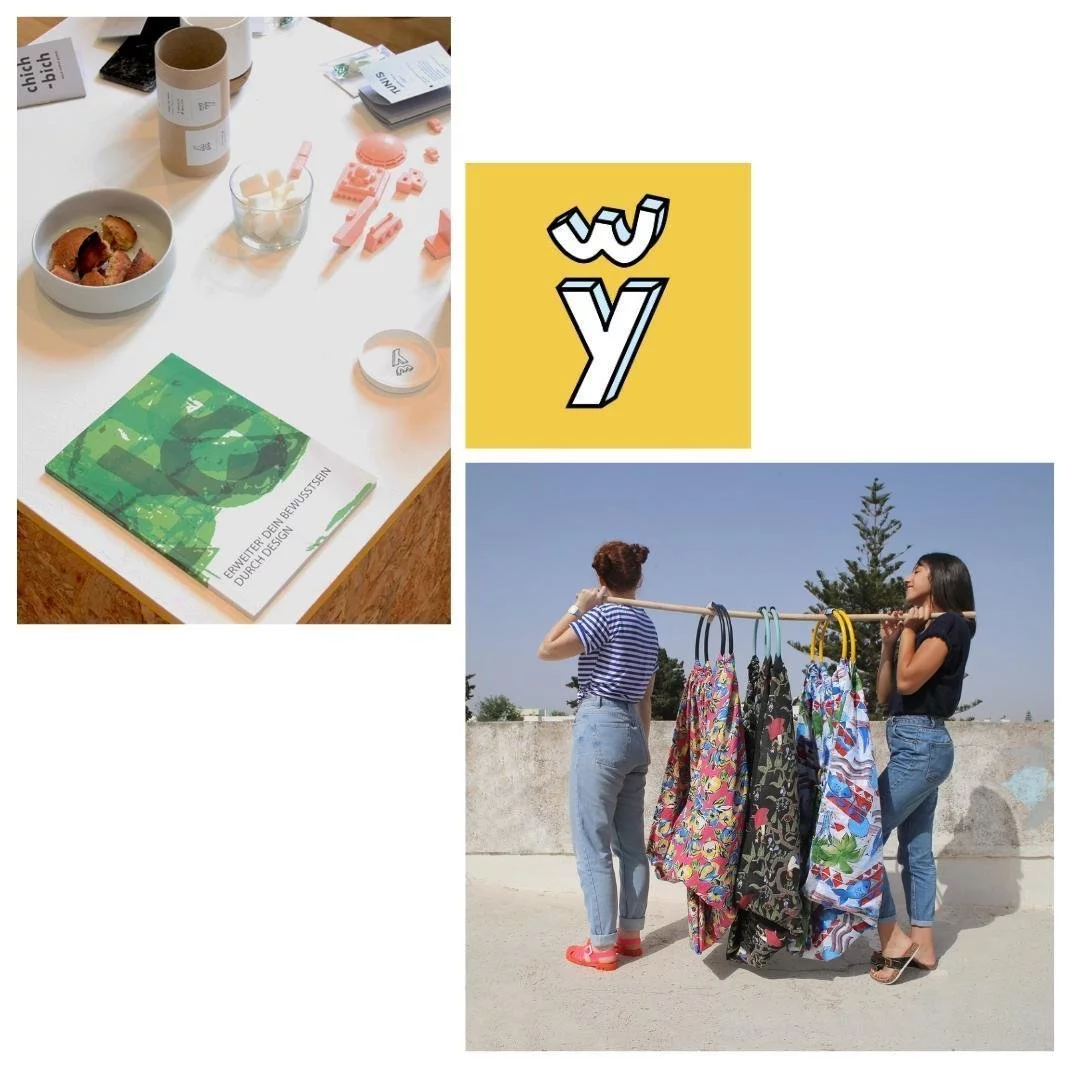
3. Wijden Zammit
Wijden Zammit is a Tunisian Ethical fashion brand inspired by our traditional clothes, with a touch of the Mediterranean and Tunisian’s dominant colors with a contemporary touch. From Jebba inspired dresses to Dengri inspired jackets all handmade with sustainable fabrics.
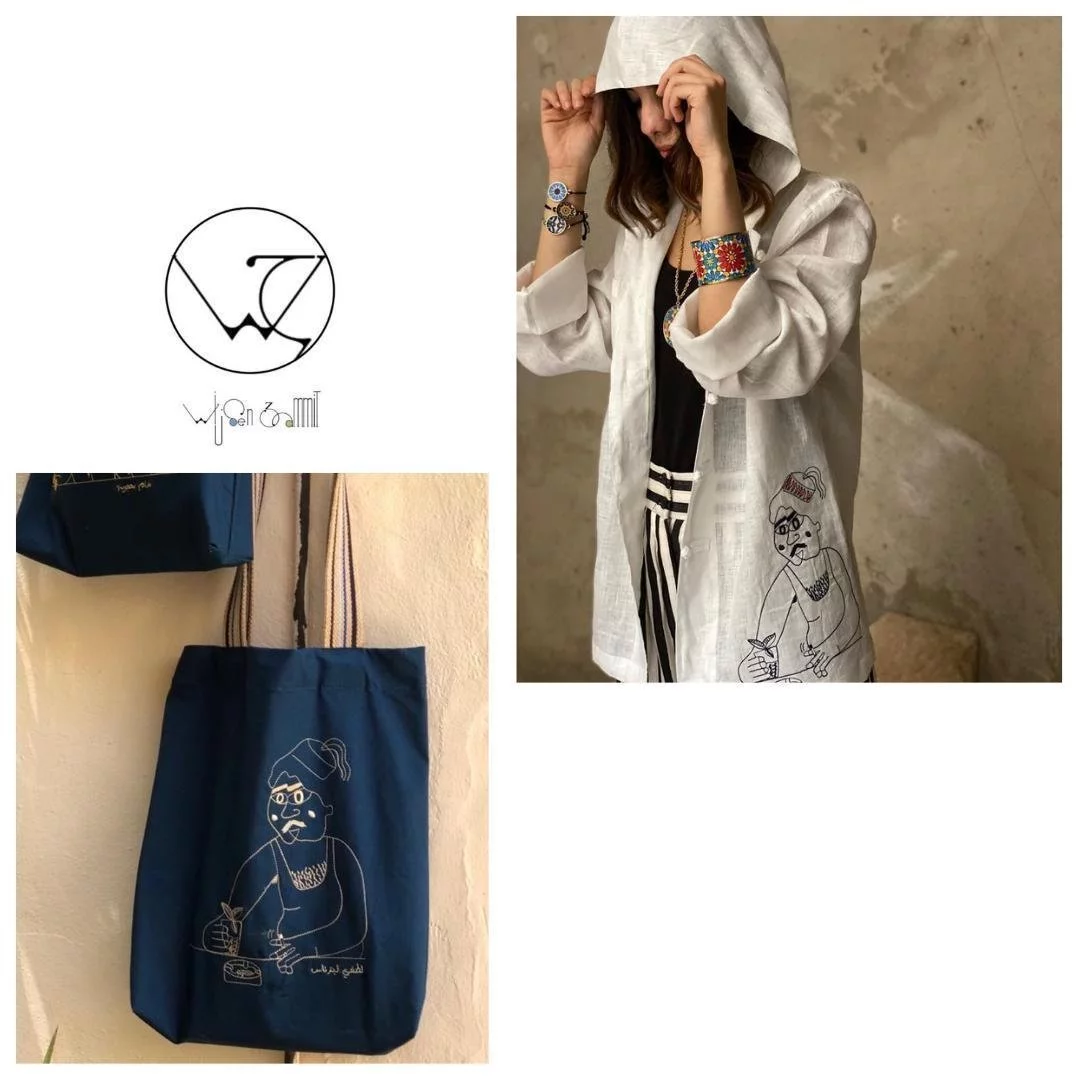
4. Le Bazar by Mona
If you’re looking to change small items in your daily life to more eco-responsible ones, you’ve come to the right place. Le Bazar by Mona is all about the conception and creation of original gift items that are inspired by the Tunisian culture and Heritage with the use of ecological materials but the most dominant one is wood. They have everything from notebooks, bags, bracelets, bookmarks, and hair combs.
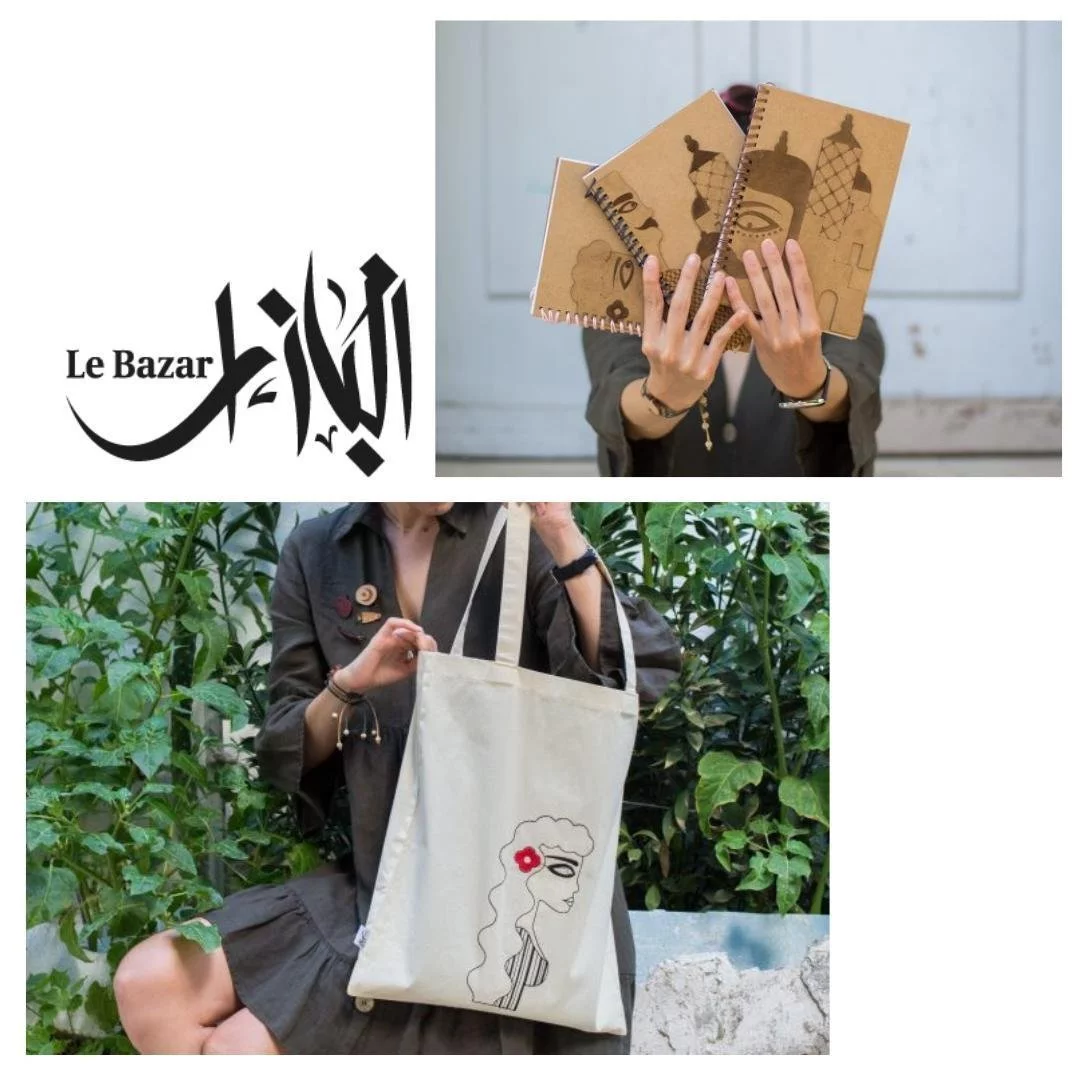
5. Moodha Okhra
Last but not least, the project Moodha Okhra is all about sustainability and ethical fashion. It’s one of the leading projects this year that promotes sustainability, slow fashion, and ecological fabrics. To know more about this project check this article.
